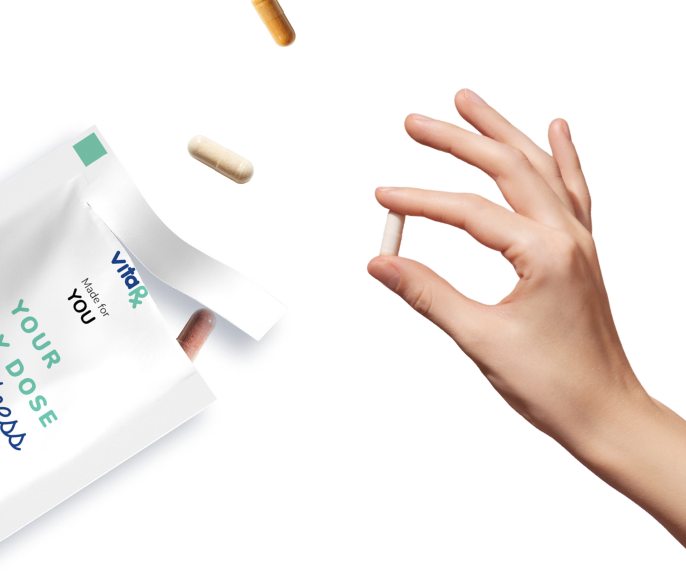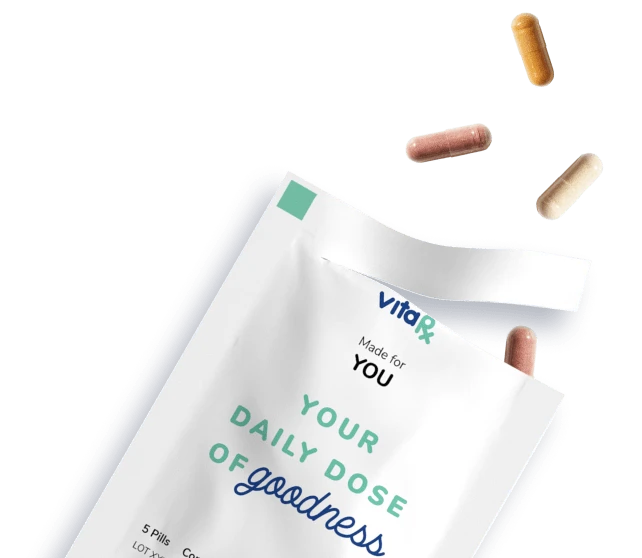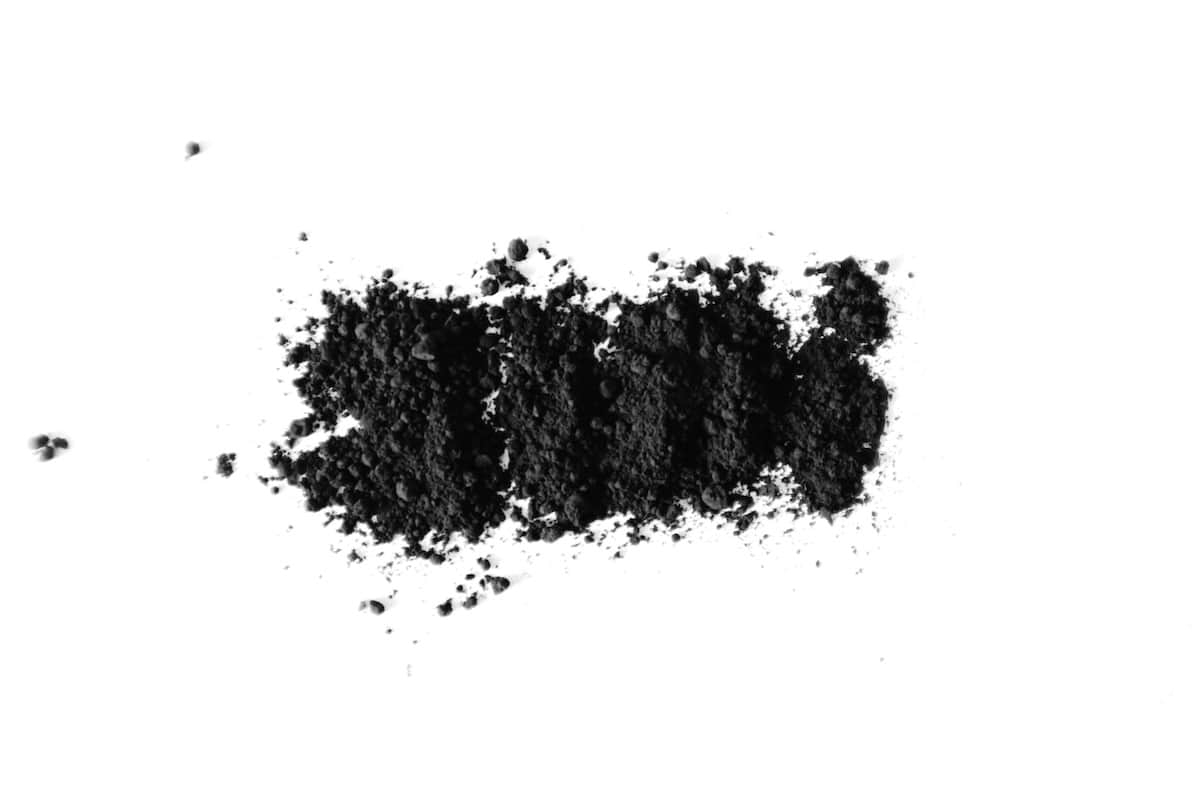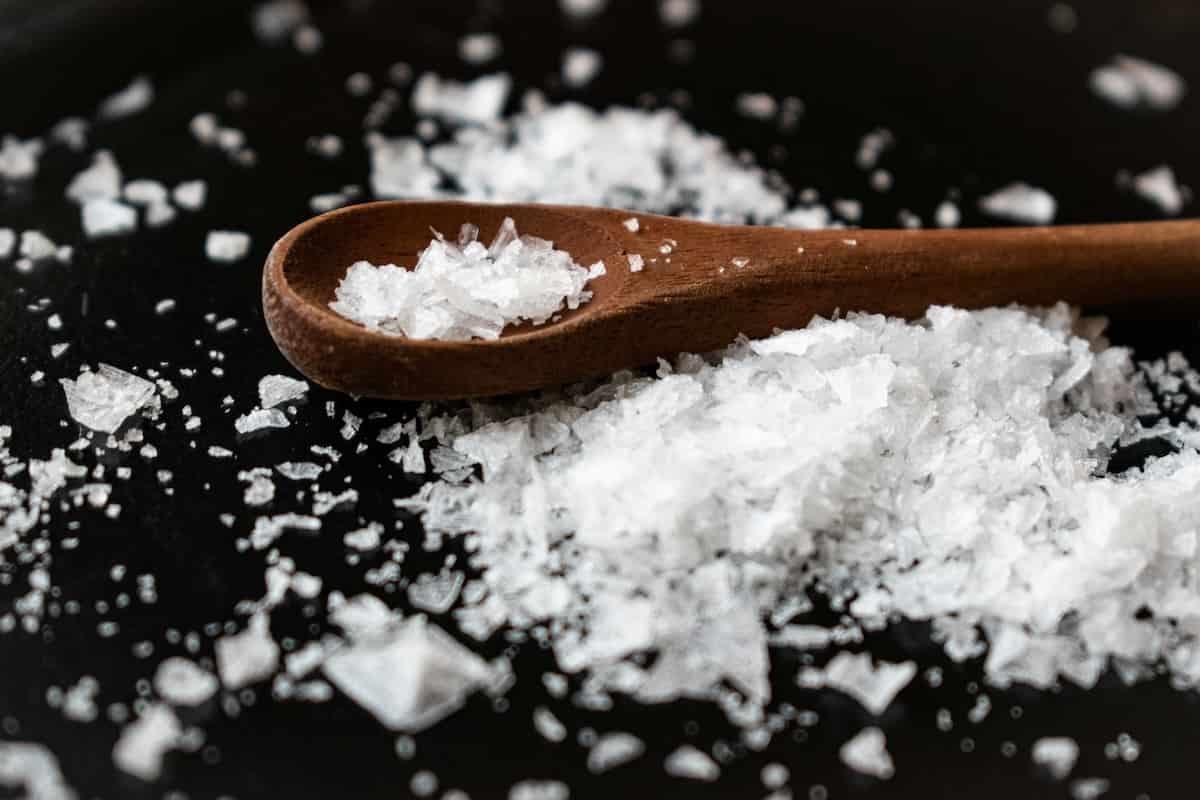Last update: January 20, 2025
4 minute read
What is Alanine?
Discover the benefits of Alanine, how it supports muscle growth, energy, and immunity, and learn how to safely add it to your wellness journey.

By Yerain Abreu, M.S.
Edited by Dr. Dimitar Marinov, MD, RDN, PhD

Alanine is a non-essential amino acid that's making waves in the health and wellness world. And it might just be the secret ingredient you've been searching for!
Curious about its health benefits and how it can supercharge your fitness routine? Buckle up, because we're about to take an "Ala-mazing" deep dive into alanine!
Key takeaways
- Alanine is a non-essential amino acid that plays a crucial role in protein synthesis, energy production, and immune system support
- Foods rich in alanine include chicken breast, tofu, eggs, quinoa, almonds, Greek yogurt, and lentils
- Some potential benefits of alanine include supporting muscle growth and endurance, increased energy during prolonged workouts, and a healthy immune system
What is alanine?
Alanine is a non-essential amino acid that is important for many biological processes in the human body. It's one of the 20 standard amino acids that make up proteins.
Alanine plays a crucial role in glucose metabolism, as it can be converted into pyruvate, a key molecule in energy production. Alanine is classified as a non-essential amino acid because your body can produce it from other molecules. It can also be obtained from dietary sources like meat, poultry, fish, dairy products, and certain plant-based foods.

What are the health benefits of this amino acid?
Alanine plays a crucial role in protein synthesis, which means it helps your body build and maintain lean muscle mass. Picture yourself flexing those biceps like a boss after a killer workout!
Alanine also aids in energy production by participating in the glucose-alanine cycle. In this process, it transports carbon and nitrogen from muscle tissue to the liver, where it's converted into glucose to keep you energized during those prolonged sweat sessions.
VitaRx Tip
If that's not enough to convince you of alanine's awesomeness, it also supports a healthy immune system. Your body uses this amino acid to produce antibodies that help us fend off germs and keep us in top shape.
How can alanine boost your fitness game?
Alright, now that we've established alanine's superstar status in the health department, you might be wondering how it can take your fitness game to the next level.
Energy boost
Remember when we talked about alanine's role in the glucose-alanine cycle? This energy-boosting process is particularly useful during prolonged workouts.
As you push yourself to the limit, your body needs a steady supply of glucose to keep going. Alanine ensures you have enough fuel to power through your whole workout like a champ!
Reduce muscle fatigue
Alanine also helps reduce muscle fatigue by buffering lactic acid production. You know that burning sensation you feel in your muscles during a lengthy workout?
That's lactic acid buildup, leading to muscle fatigue and soreness. Alanine swoops in and helps minimize this buildup, allowing you to work out harder and longer.
Are there any side effects you should be aware of?
Now, before we get too carried away with alanine's great health benefits, it's essential to address the question that's probably on your mind: "Are there any side effects”? Generally, alanine is considered safe when consumed in moderation through a balanced diet or supplements.
However, like with anything, there can be too much of a good thing. Excessive consumption of alanine may lead to some side effects, including:
- Nausea
- Lightheadedness
- Tingling sensations
VitaRx Tip
Keep in mind that these side effects are quite rare and typically only occur when you're really overdoing it on the alanine front.
Alanine in popular foods
Before we dive into the pros and cons of alanine, let's take a look at some popular foods that naturally contain this amino acid. Lay your eyes on the table below, which showcases the alanine content in some of your everyday favorites!
Food Item | Alanine (mg per 100g) |
|---|---|
Chicken Breast | 2400 |
Tofu | 1120 |
Eggs | 1070 |
Quinoa | 980 |
Almonds | 860 |
Greek Yogurt | 790 |
Lentils | 730 |
Caption: Alanine content in some popular foods (Source: Nutrient Data Laboratory, USDA)
Frequently asked questions (FAQ)
Here are some of the most frequently asked questions about alanine.
Final thoughts
Well, we've reached the end of our alanine adventure. Now you know all about this amino-azing superstar, its potential benefits, and some precautions to take if you decide to add it to your wellness routine. Remember, knowledge is power – and in this case, the power to make well-informed decisions for your health!
Source
Editor

Yerain Abreu
Yerain Abreu is a content strategist with over seven years of experience. He earned a Master's degree in digital marketing from Zicklin School of Business. He focuses on medical and health-related content, working with top healthcare professionals to ensure content is engaging and reliable.
Fact checker

Dr. Dimitar Marinov
Dr. Marinov has years of experience in scientific research and preventive and clinical medicine. His publications in peer-reviewed journals are on nutritional status, physical activity, and musculoskeletal disorders among adolescents.
At VitaRx, we're not just passionate about our work — we take immense pride in it. Our dedicated team of writers diligently follows strict editorial standards, ensuring that every piece of content we publish is accurate, current, and highly valuable. We don't just strive for quality; we aim for excellence.
Related posts
While you're at it, here are some other relevant articles you might be interested in.

Get your personalized vitamin recommendations in less than
5 minutes.
Get your personalized vitamin recommendations in less than
5 minutes.







